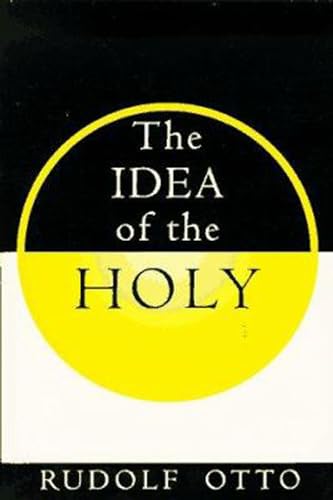
His most important publication from the period was Kantisch-Fries'sche Religionsphilosophie und ihre Anwendung auf die Theologie (The Philosophy of Religion Based on Kant and Fries, 1909). When his health finally recovered in 1907, Otto returned to teaching and writing, to ecclesiastical and liturgical activities with a group known as "The Friends of Die Christliche Welt " ( Die Christliche Welt was a semipopular magazine for liberal theology), and to political activities, at that time in conjunction with a student-oriented group known as the Akademischer Freibund, the G öttingen chapter of which he, along with Nelson and Bousset, led. In the same year, however, Otto fell into a deep depression and considered abandoning theology altogether. In 1904 Otto adopted the philosophy of Jakob Friedrich Fries, helping to establish a neo-Friesian movement along with two G öttingen colleagues, the philosopher Leonard Nelson, who introduced him to Fries's thought, and the New Testament scholar Wilhelm Bousset, whom he recruited to the cause. He became a Privatdozent at G öttingen in 1898 and something like a visiting associate professor there in 1906, but official opposition to his liberal views and popularizing activities plagued him for years. Instead of taking a German congregation in Paris, he opted for an academic career, where his prospects were only somewhat brighter. He initially prepared for a ministerial career, but conservatives in the German church administration found him unsuitable.

After graduating from the Gymnasium Adreanum in Hildesheim, he studied first at the University of Erlangen, a conservative neo-Lutheran institution, then at the University of G öttingen, where liberal theology and the historical-critical study of the Bible prevailed. Lifeīorn on September 25, 1869, in Peine in the region of Hanover, Germany, Otto spent his childhood in Peine and Hildesheim, where his father owned malt factories.

Otto's ideas became foundational for much twentieth-century work in the study of religion that claimed to be phenomenological or scientific rather than theological. Descriptive psychology revealed the nonrational dimensions of this experience as a mysterium tremendum et fascinans, dimensions that, Otto said, were conjoined to rational or conceptual elements through a process that, loosely following Immanuel Kant, he called schematization. In his view, philosophy identified the source of religion in a qualitatively unique experience for which he coined the term numinous.

As a liberal theologian or, more accurately, a Vermittlungstheologe (theologian of mediation), Otto conceived of systematic theology as a science of religion, whose components were the philosophy, psychology, and history of religions. Rudolf Otto (1869 –1937) was a German systematic theologian who contributed especially to the philosophy and history of religion.


 0 kommentar(er)
0 kommentar(er)
